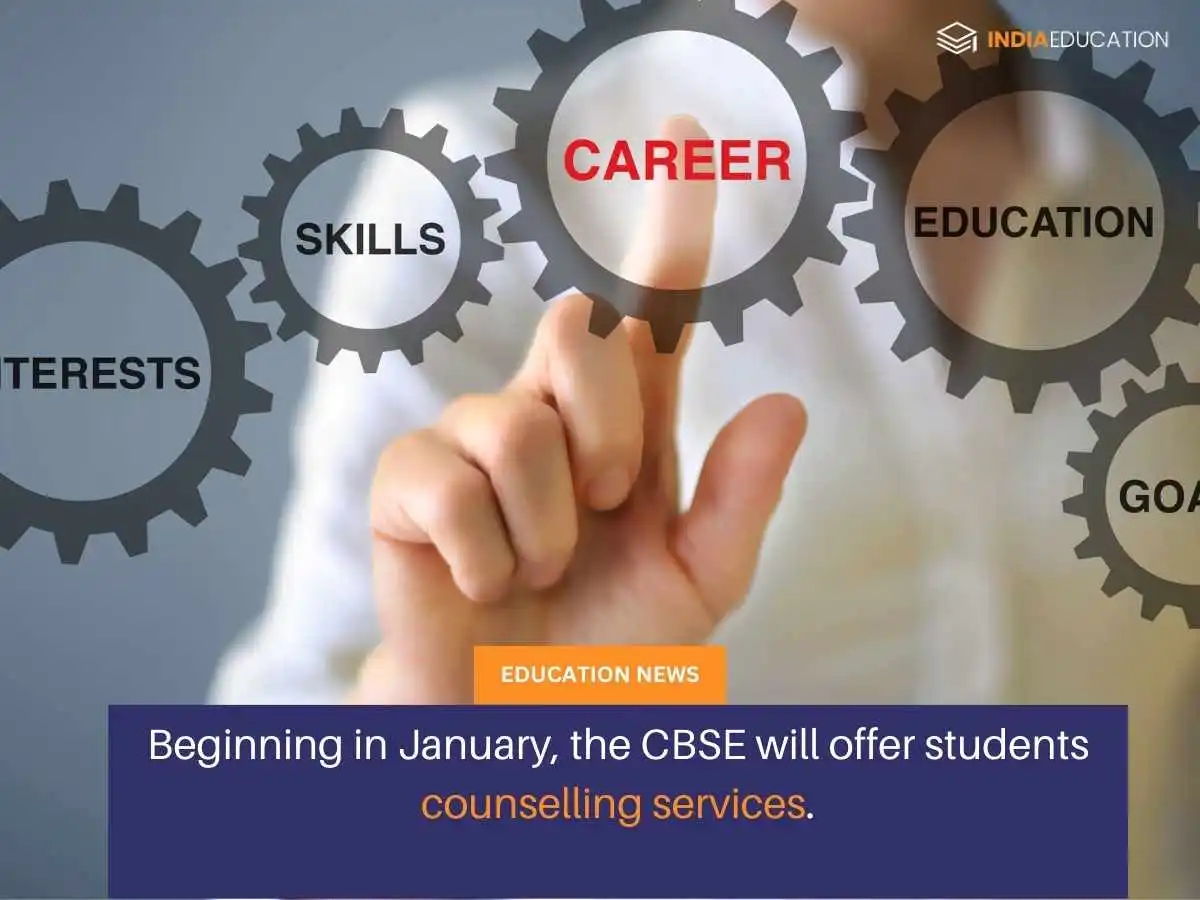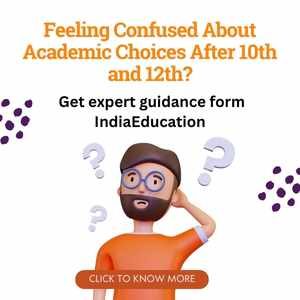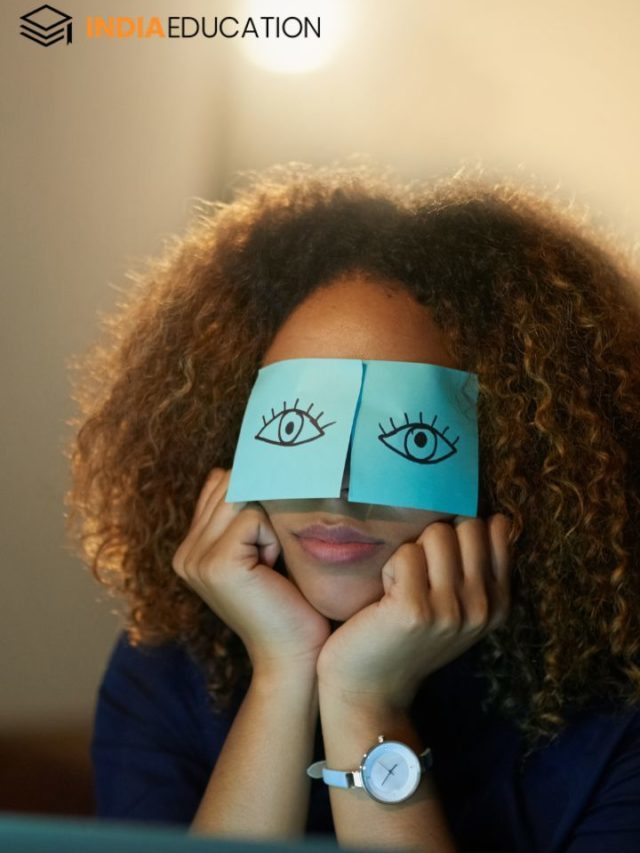
Beginning in January, the CBSE will offer students counselling services.
CBSE will also release bilingual podcasts on the same topics, which will be available on the CBSE’s official website, cbse.gov.in.

The Central Board of Secondary Education (CBSE) announced on Saturday that it will begin offering counselling services to students in grades 10 and 12 in January of this year. This will be accomplished through the use of IVRS, tele-counselling, and podcasts.
CBSE made this decision with the knowledge that students would be taking offline board exams after a two-year break.
“For the ease and familiarisation of the students the board had already made available the sample question papers, Exam pattern, marks distribution on the website. However, in order to provide psychological support and solutions to students, the counselling service, which previously began in February, will now begin in January this year,” according to the official release.
The first mode of counselling will be via IVRS. CBSE provides free IVRS service to students and parents 24 hours a day, seven days a week by calling the Board’s toll-free number 1800-11-8004. Through this, information and suggestions about stress-free exam preparation, time and stress management, frequently asked questions (FAQs), COVID prevention, important contact details of CBSE offices, and so on, in Hindi and English, can be accessed from anywhere in the country.

The Board, like IVRS, will provide counselling services through voluntary tele-counselling services. This, too, is a free service provided by the Board, which can be reached at 1800-11-8004 from 9:30 a.m. to 5:30 p.m., Monday through Saturday. This year, 84 principals and counsellors from India and other countries are providing this service. There are 73 principals and counsellors from India, and 11 from Nepal, Japan, the United Arab Emirates, Kuwait, Qatar, Oman, and Singapore.
“Over the years, the Board has shared many important messages on social media and has also used YouTube, Facebook, and Instagram platforms to actively engage with students,” according to a letter from the Board. “Multimedia content on various topics such as specific learning disabilities, substance use disorders, and life skills to deal with them can also be viewed and listened to.”
Latest News
People Reading Now

CBSE Compartment Result 2023 OUT: Click For Direct Link



CSAB 2023: Special Round Registration Begins Today







